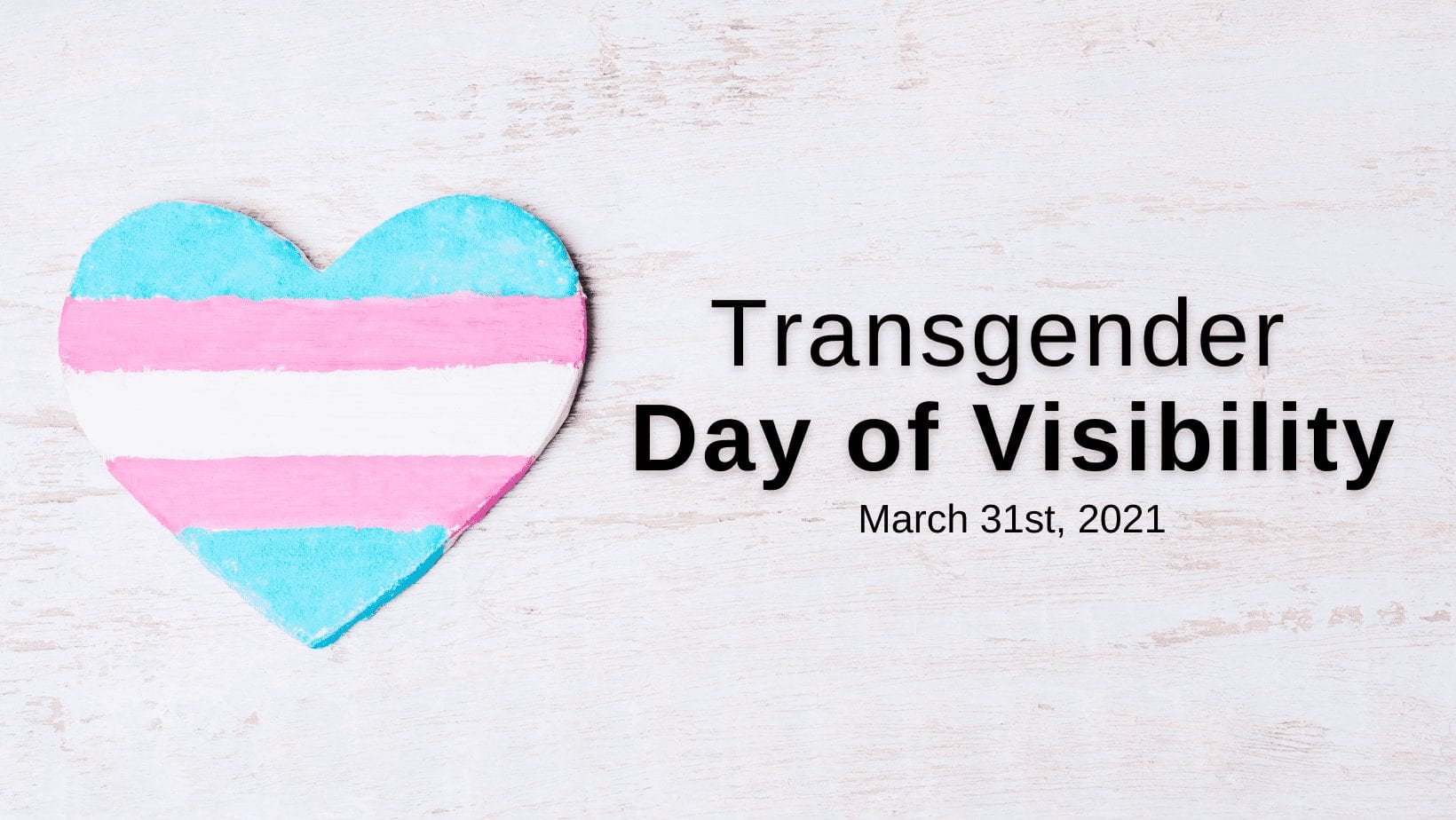What We Talk About When We Talk About Visibility
By Summer Wright
For a period of my life, my choice to be visible as a homeless trans woman boiled down to whether or not I needed to leave my tent. If I had snacks and phone charge, I could spend the day listening to Modest Mouse and reading Love and Rockets. If not, I most likely spent the afternoon panhandling downtown. Most people ignored me, but it was a conscious effort, in stark contrast with my hypervisibility.
One day, I was trying to get money to cover my hormones when an older woman in a pea coat walked up to me. She browsed my sign, which read “Came out, kicked out, help out?” then turned to me and asked me if I was trans. I denied it verbally, claiming I was only kicked out for my sexuality, despite the fact that my physical form answered for me. She eyed me suspiciously, thought for a moment, then replied, “You know, you are going to hell if you do not repent.” She then informed me what would happen to me in hell, though it’s too graphic to put here.
I didn’t respond. Later that day, a friend told me that if she’d been there she would’ve clocked the woman right then and there, but I was afraid of the police. In the end, my silence earned me a dollar. The woman went on her way. I’m still thinking about it five years later.
After I began to pass better and developed some income, I moved thousands of miles to try to live a different life in which I could keep myself invisible. I needed a reprieve from my public existence being a political statement. I wanted to simply exist, without fear, and, for a year or two, that’s what I did.
Then I lost my income and found myself homeless and panhandling to survive once more, but this time, I could keep my trans identity to myself. In some ways, it felt safer, but in others, it felt like the sword of Damocles. If I came out to a service provider and they slipped up on my pronouns, it would invite not only baseline transphobia, but a layer of ire at my supposed betrayal. This time on the street, I didn’t feel I had the choice to be visible at all, in the same way a homeless person who finds work keeps their identity hidden there to avoid being accused of theft.
Most people who I’ve seen who push for reinstating a camping ban use rhetoric about how encampments are a blight on our green spaces and unpleasant to see under interstates—they cite the visibility of encampments as the drive behind their resentment and frustration. Similarly, transphobia became more visible on an international scale when trans people did. As Texas considers a statewide camping ban, Alabama is moving toward making providing trans youth with puberty blockers a felony.
Visibility is unavoidable for the least privileged. For the same people, it invites abuse and backlash and must be avoided.
Yet the choice to be visible is not only a privilege, but also a tool for change. Today, I am out deliberately, as a trans person and as a person who has experienced homelessness. I am the first out trans person many people get to know, though the likelihood goes down year after year. My “coming out” as formerly street homeless has led people I know to treat panhandlers they encounter with more sympathy and kindness, but more importantly for my day-to-day life, it means the sword isn’t hanging over me anymore. I don’t have to remain hypervigilant in a lie. It’s a freeing feeling, and one that’s only possible because I have the privilege to allow it.
And being trans is an honor. I love the perspective it’s granted me. I love the community it’s led me to. I love being the “trans mom,” sharing in the pain that comes with early transition as well as the newfound joy and freedom that overshadow it. I am out and proud because I have learned to refuse to be ashamed. If that woman were to approach me and say the same thing today (though I have my doubts she’d be so brazen with a housed person), I would tell her I’ve been to hell and I’ve come out on the other side smiling.
Trans Day of Visibility is about both ends of visibility. It is about bringing to light the discrimination that trans people face. It is also about celebrating the unbridled pleasure of existing in full authenticity. Every day we earn our flowers. Today, we demand them.


